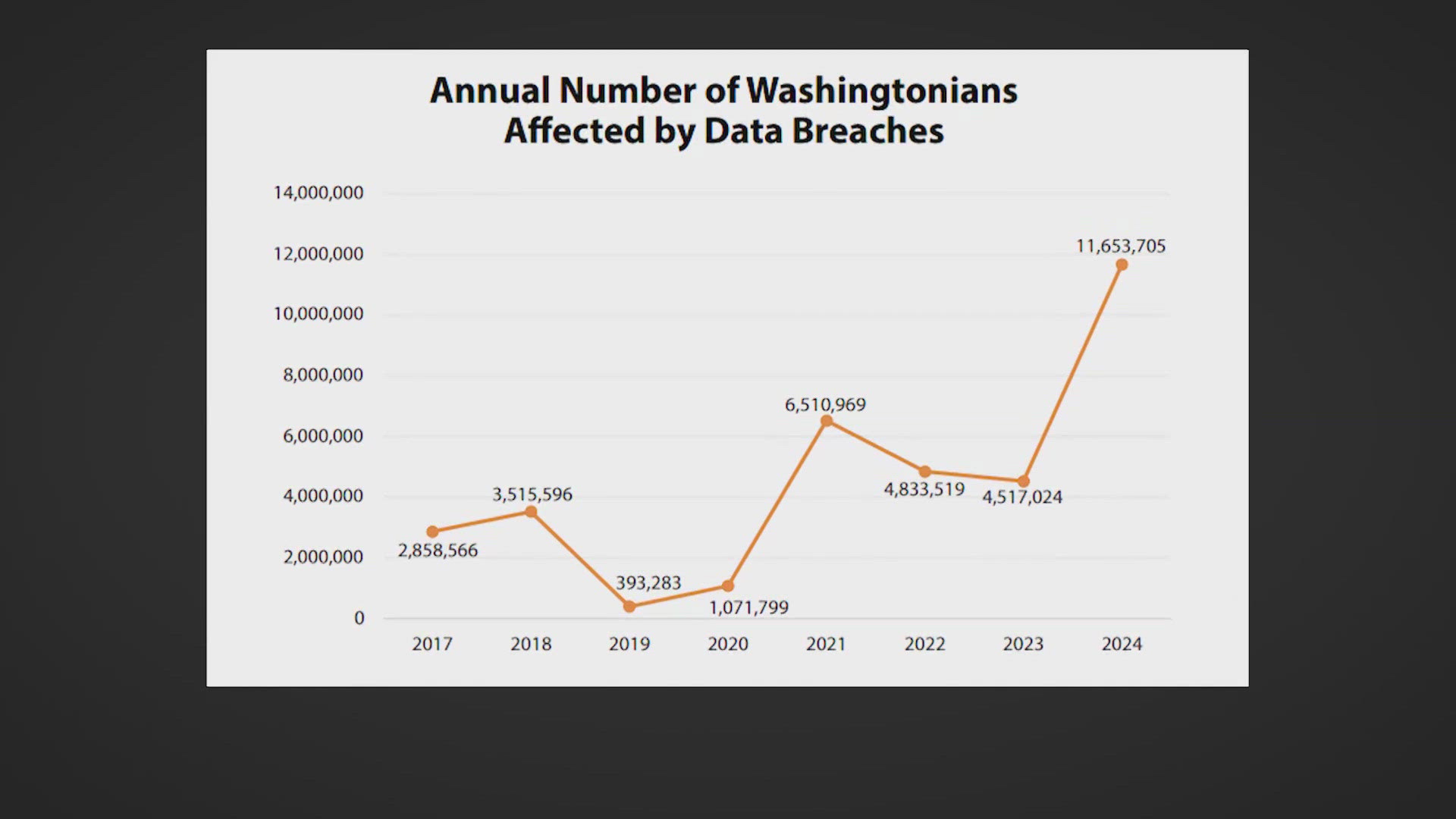GRANT COUNTY, Wash. — Grant County Commissioners passed an ordinance Tuesday in response to the Washington State Supreme Court ruling on narcotics possession.
In a press release from the Grant County Sheriff’s Office, the commissioners signed the ordinance making it unlawful for any person to knowingly possess a controlled substance. The ordinance makes narcotics possession a gross misdemeanor punishable by up to a year in jail and a $5,000 fine, the press release says.
The ordinance goes on to say, “This ordinance is necessary for the immediate preservation of the public peace, health, or safety and citizens of the Country and takes effect immediately upon passage by the Board of County Commissioners.”
According to the sheriff’s office, Grant County has been designated a high intensity drug trafficking area and illegal drug activity has at times been overwhelming for county resources.
“The State Supreme Court made a decision that was not in the best interest of Washington State or individual counties,” Sheriff Tom Jones said in a press release. “With the legislature failing to act, I am proud of our Grant County Commissioners for seeing the importance to still make possession of narcotics illegal by the passing of a county ordinance. I will inform our staff of the county ordinance and we will continue to battle the narcotics epidemic.”
The Washington Supreme Court has struck down the state's felony drug possession law because it doesn't require prosecutors to prove that someone knowingly or intentionally possessed drugs.
The ruling came in the case of a Spokane woman who had received a pair of jeans from a friend that had a small bag of methamphetamine in a pocket.
Five justices said in the decision the state law was unconstitutional because it criminalized her passive, unknowing conduct, in violation of her due process protections.
Another justice would have overturned the woman's conviction by interpreting the law as requiring proof that the drugs were possessed intentionally.
Lawyers say a Washington Supreme Court decision striking down the state's felony drug possession law could result in tens or hundreds of thousands of convictions being vacated.
It could also mean shorter sentences for many current prisoners doing time for other crimes if past drug possession convictions boosted their offender scores.



